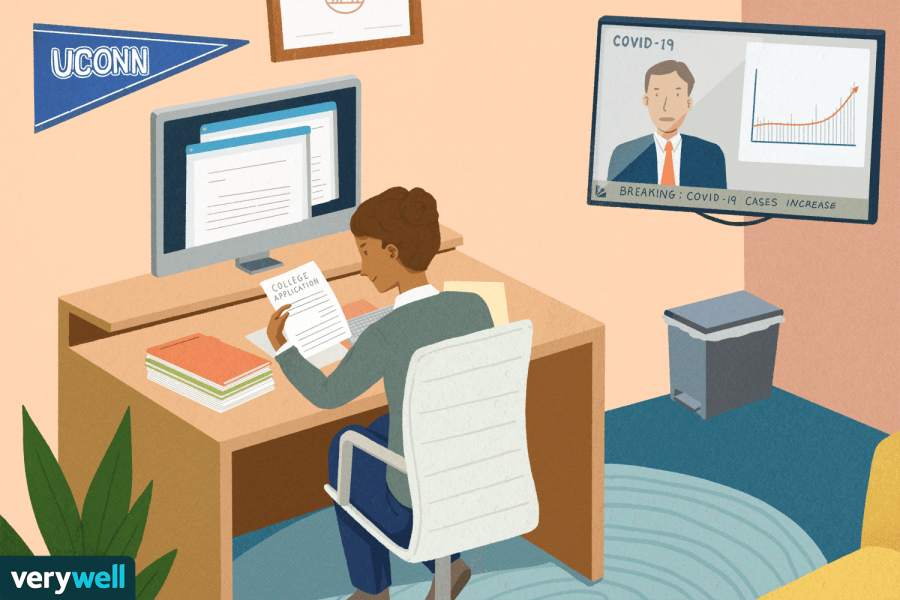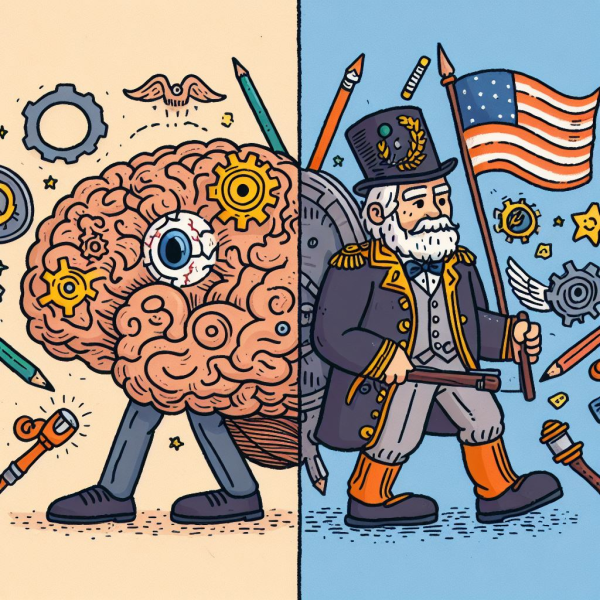Colleges Should Extend Application Deadlines
COVID-19 has impacted students when it comes to standardized testing, virtual learning, and more, but college applicants also have to worry about their future on top of all these changes and stress.
Ever since the Coronavirus shut down schools in March, high school seniors (class of 2021) have had an unpredictable year. Some schools started the new school year with distance learning while others implemented varying systems of in-person learning. Besides transitioning to a different type of learning, high school seniors also have to plan their future, starting with college applications. Since the impact of COVID-19 has caused an unexpected shift in the lives of high school seniors, colleges should extend their application deadlines to accommodate this year’s challenging circumstances and reduce students’ stress.
As many students are learning from home, there’s a lack of support and communication during their college application process. Students have less access to free resources like school counselors and teachers, who can help answer questions, review essays, and write letters of recommendation. It is harder for students to contact the school staff because they have to email them, which generally takes longer than simply dropping by teachers’ classes. This causes students to feel frustrated if they can’t get the help they need in time. Colleges extending their application deadlines means that they can take into account the greater time needed for virtual communication.
Furthermore, technical difficulties have arisen as students stay at home with limited devices or technological support. According to Los Angeles Times, districts serving low-income communities, with a majority of Latino students, faced a digital divide when school campuses closed in March. Even now, state officials report that California’s students are struggling to have access to technology, and millions of computers and hotspots are still needed. Seniors who have to deal with this issue may have been delayed in starting their college application process, so they will feel rushed to meet the deadlines and not turn in their best work. Colleges extending the application deadlines give more time to low-income and usually first-generation students, who are receiving access to technology later since the pandemic from their school district or other sources. They then can have the opportunity to complete an application that truly reflects who they are.
While all seniors have been adjusting to a new style of learning and life, some students now have to take on more responsibilities, like taking care of their siblings, cooking meals, or working to financially support their families. According to a nationwide survey by America’s Promise Alliance, which gathered responses from 3,300 young people aged 13-19, 30% of youth are more worried about having their basic needs met. Therefore, many of these families and students are not able to prioritize their education, and absences have increased as a result. Other students may also have to bear the emotional consequences of the virus when worrying about a loved one’s health or mourning their loss. These obstacles can hinder students from focusing or having time to work on college applications. Therefore, it is needed for colleges to extend their application deadline and accommodate these exceptional circumstances.
Overall, this year has been unlike any other college application season. Colleges can help students feel less stressed during this process by giving them more time to make up for all the challenges that resulted from the Coronavirus. With students being able to submit a complete application that represents their best self, colleges are also able to pick the students that best match their vision.












